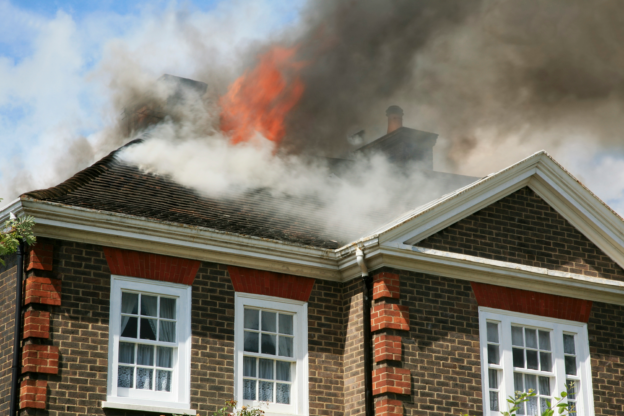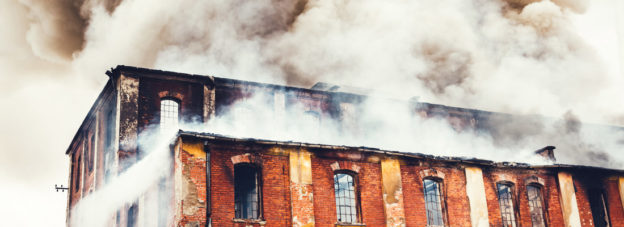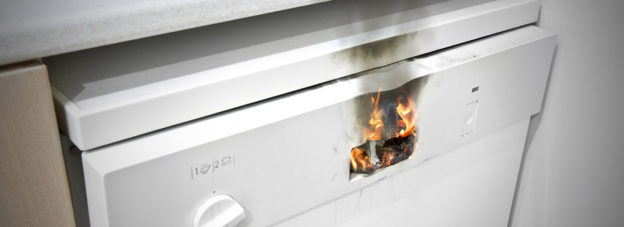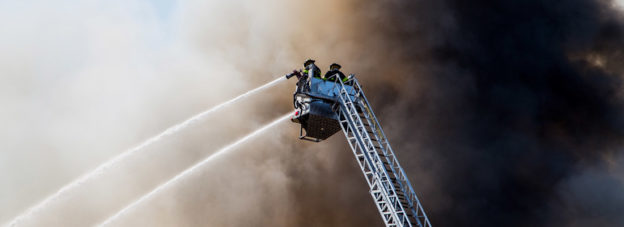In Sullivan v. Werner Co., No. 18 EAP 2022, 2023 Pa. LEXIS 1715 (Dec. 22, 2023), the Supreme Court of Pennsylvania (Supreme Court) clarified that in light of its decision in Tincher v. Omega Flex, Inc., 628 Pa. 296 (2014), evidence that a product complied with industry standards is inadmissible in an action involving strict product liability.
In Tincher, the Supreme Court overruled prior case law and reaffirmed that Pennsylvania is a Second Restatement Jurisdiction. As stated in Sullivan, discussing Tincher, under the Restatement (Second) of Torts § 402A, a “seller of a product has a duty to provide a product that is free from ‘a defective condition unreasonably dangerous to the consumer or [the consumer’s] property.’ To prove breach of this duty, a ‘plaintiff must prove that a seller (manufacturer or distributor) placed on the market a product in a “defective condition.””






